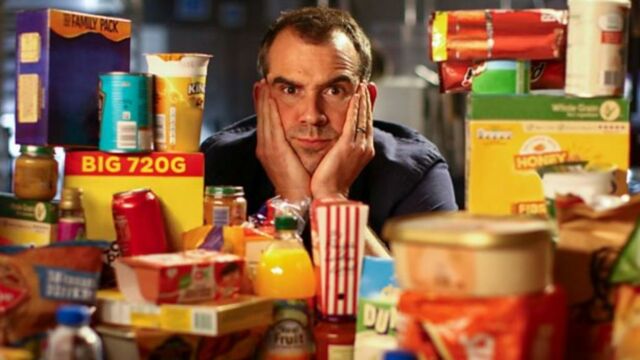Brits have long been known for not having the healthiest habits when it comes to the foods they consume. In the past, it has been reported that one in four adults in the UK is estimated to be obese and, even more staggering, one in five children aged between 10 and 11 deal with the same problem.
Discover our latest podcast
With this concerning information, doctor and TV presenter, Chris Van Tulleken went on a mission to document the results of going on a supremely unhealthy diet to report, first handed, what the effects on the mind and body would be.
How harmful was the new diet?
After making the switch from a diet consisting in ultra-processed foods making up 30% of all foods consumed in a day to 80%—a diet in which one in five people in the UK follow—Dr. Van Tulleken reported a plethora of negative effects.
For one, he said that the more he consumed the fat and carb heavy diet, the more regularly he experienced poor sleep, heart burn, feelings of depression, anxiety, sluggishness and even loss of sexual desire. Additionally, the doctor became ridden with gastro-intestinal problems with constipation being the main symptom experienced throughout. He explained that:
Eating ultra-processed food became something my brain simply tells me to do, without me even wanting it. I felt ten years older. I didn’t realise it was all [because of] the food until I stopped eating the diet.
He also gained around 7kg following the four-week diet and ultimately went from a healthy weight for his size and age to overweight. He added:
If the weight gain continued at that rate for six months, I would have gained six stone.

Should we stop eating processed foods altogether?
Although it is definitely not recommended to consume too much of it, as most things in life, the key to a healthy lifestyle is to find a balance. Things like canned tomatoes, which are a form of processed foods, are not necessarily unhealthy if you pair it with wholegrain foods and fresh vegetables.
Ultra-processed-foods, such as a store-bought tomato pasta sauce, should be consumed very infrequently and in minimal amounts at a single time. Given the convenience, affordability and marketing of these products, fully avoiding them is next to impossible.















